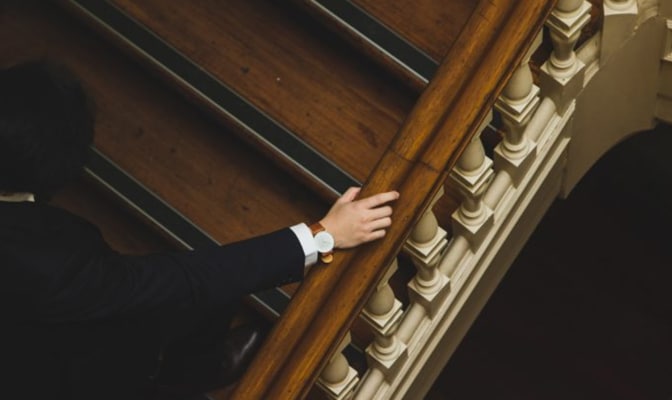Is Generation Z’s attitude to luxury an indication of the future of the luxury industry post COVID-19?
Share on LinkedIn

May Yee Chen, APAC director at Wunderman Thompson Intelligence, suggests that what attracts Gen Z to a brand is purpose: “This purpose can be as simple as a commitment to locally sourced materials, or to local heritage and community. They are also growing up with the biggest threats of our time — environmental pollution, climate change, breaches in online privacy. They want things to change for the better and will be loyal to brands that align with that mission.”
In that sense, the big luxury conglomerates like LVMH, Kering and Prada Group got it right when they repurposed their factories to make hand sanitiser, face masks and protective gear. And most of them can afford it, too. The luxury industry has had an exceptionally good run-in recent years, with Asian-driven demand, healthy profits, and share prices that seemed to never stop rising. Until COVID-19 struck, that is. Brands now have a purpose bigger and more important than ever. They are going from ‘enhancer of consumer life experiences’ (if they can afford it) to ‘life savers’. That is a momentous shift.
There must be a sigh of relief that Asia seems to be recovering from COVID-19. Hermès and Apple have reopened most of their stores in China, at the same time that in Europe everything is shutting down. It will be interesting to see how Asian consumers, especially younger ones, respond to the re-opening of stores: if they can still afford to, will they ‘treat themselves’ to something they might enjoy but that as they have learnt recently, is somewhat superfluous? You can’t eat a Birkin bag, even if it is made from the finest leather. Not that luxury being somewhat frivolous and superfluous is a new idea. It is just that this aspect of the consumer experience seems more exposed now than ever. So, will they shun the shops and spend their money somewhere else, maybe on experiences, which have grown hugely recently as the focus for younger people to spend?
Interesting also, will be to see how far the big fashion groups want to keep a larger element of purpose. The purposes named by Chen in the quote above might no longer be enough. Not enough for the companies, but not enough for the consumers either. History has shown that recessions, when it is unfashionable to be seen with branded shopping bags (Net-a-Porter changed the design of their bags to unbranded ones at the height of the financial crisis – and has kept the option to this day) result in a temporary shift from ostentation to discretion, only to erupt with a vengeance when the crisis was over. Will flashiness and spending on seemingly extravagant items such as the faux ‘IKEA’ bag made by Balenciaga, or ‘Dad’ trainers costing thousands still be popular? Will ‘slow fashion’ become more popular? Nobody knows at this stage. But two things seem for certain: first, luxury groups must act quickly to determine whether and precisely how the attitudes of generations Z, Y and X have shifted. Based on the results, luxury groups might have to quickly ramp up the purpose element of their sales pitch. And second, generation Z, previously too young to make a difference in the last financial crisis, now will have an important trendsetting role, which luxury groups cannot ignore (or only at their peril), as one thing is clear: luxury without a purpose will not survive in the long term.







